The Importance Of Active Listening In Relationships
Have you ever felt unheard in a conversation, like your words were bouncing off a wall? That’s where active listening comes in—it’s the secret sauce to building stronger, healthier relationships. Active listening isn’t just about hearing words; it’s about truly understanding and connecting with the person speaking.
When you actively listen, you create a safe space for your partner to express themselves, which fosters trust and intimacy. If you’re wondering how this simple skill can transform your relationships, keep reading. We’ll break it all down and give you practical tips to become a better listener.
Key Takeaways
- Active listening is more than just hearing; it’s about understanding and responding thoughtfully.
- It strengthens emotional bonds and improves communication in relationships.
- Overcoming barriers like distractions and biases is essential for effective listening.
- Simple techniques like paraphrasing and using body language can make a big difference.
Introduction to Active Listening in Relationships
Definition of Active Listening
Active listening is the art of fully focusing on the speaker, understanding their message, and responding in a meaningful way. It’s not just nodding along or waiting for your turn to talk. Instead, it’s about being present, both mentally and emotionally.
Think of it as tuning into a radio station. If you’re distracted or thinking about what to say next, you’re not really “on the right frequency.” Active listening ensures you’re dialed in.
Importance of Active Listening in Fostering Intimacy and Understanding
When you actively listen, you show your partner that their thoughts and feelings matter. This builds trust and deepens your connection. It’s like watering a plant—without it, the relationship can wither.
Active listening also helps you navigate tricky conversations. Whether it’s resolving conflicts or discussing sensitive topics, being a good listener can make all the difference.
Overview of the Blog Post Structure
In this post, we’ll explore the benefits of active listening, common barriers, and practical tips to improve your skills. We’ll also share real-life examples and resources to help you along the way.

Benefits of Active Listening in Relationships
Improved Communication Between Partners
Good communication is the backbone of any relationship. Active listening ensures that both partners feel heard and understood.
For example, instead of jumping to conclusions, you can ask clarifying questions like, “What did you mean by that?” This reduces misunderstandings and keeps the conversation flowing smoothly.
If you’re curious about how communication impacts relationships, check out this guide on fostering deeper intimacy through listening (source).
Enhanced Conflict Resolution Skills
Arguments are inevitable, but how you handle them matters. Active listening helps you stay calm and focused during disagreements.
By truly hearing your partner’s perspective, you can address the root of the issue instead of just the symptoms. This approach leads to healthier, more productive discussions.
For more on managing emotions during conflicts, read about emotional regulation in relationships.
Strengthened Emotional Connection
When you listen actively, you validate your partner’s feelings. This creates a sense of emotional safety, which is crucial for intimacy.
Imagine your partner sharing a tough day at work. Instead of offering solutions right away, you could say, “That sounds really stressful. How are you feeling about it?” This simple act of empathy can bring you closer together.
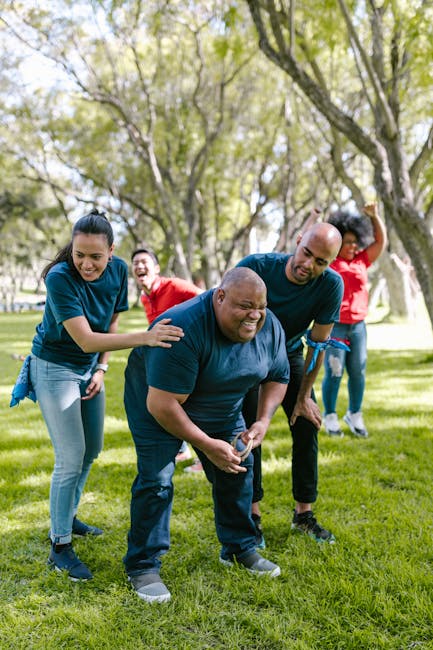
Barriers to Active Listening
Common Distractions and Their Impact
Life is full of distractions—phones, work, and even our own thoughts. These can pull us away from the present moment, making it hard to listen effectively.
To combat this, try setting aside dedicated time for meaningful conversations. Put your phone on silent and focus solely on your partner.
Preconceived Notions and Biases
Sometimes, we enter conversations with assumptions about what the other person will say. This can cloud our judgment and prevent us from truly understanding their perspective.
Approach each conversation with an open mind. Remember, your partner’s experiences and feelings are valid, even if they differ from your own.
Emotional Reactions That Hinder Effective Listening
Strong emotions like anger or frustration can make it hard to listen. Instead of reacting impulsively, take a deep breath and focus on what your partner is saying.
This doesn’t mean suppressing your feelings—it’s about managing them so you can respond thoughtfully.
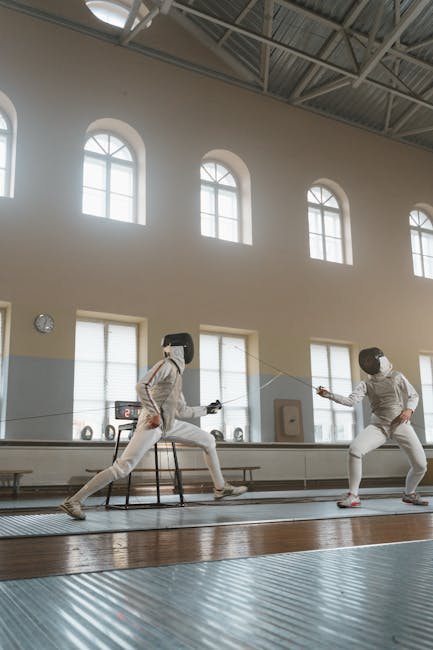
Tips and Techniques for Better Active Listening
Being Fully Present During Conversations
Put away distractions and give your partner your undivided attention. This shows that you value their time and thoughts.
Using Positive Body Language to Show Engagement
Simple gestures like nodding, maintaining eye contact, and leaning slightly forward can signal that you’re engaged.
Avoiding Interruptions and Practicing Patience
Let your partner finish speaking before you respond. Interrupting can make them feel dismissed or unimportant.
Reflecting and Paraphrasing to Ensure Understanding
Repeat back what you’ve heard in your own words. For example, “So, you’re saying you felt left out during the meeting?” This confirms that you’re on the same page.
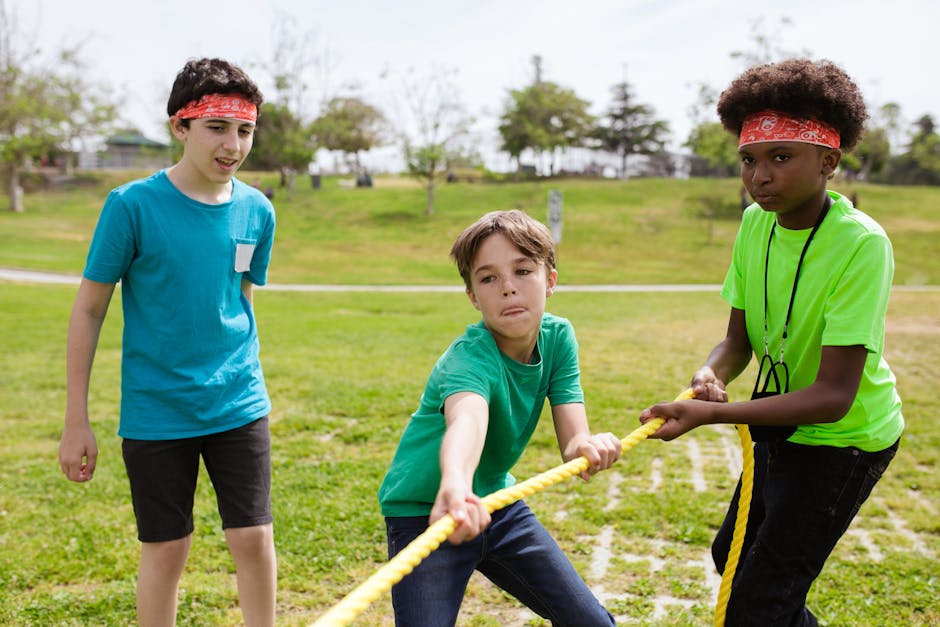
Exercises and Activities to Enhance Active Listening Skills
Role-Playing Scenarios to Practice Listening
Take turns playing the speaker and listener. This helps you practice staying focused and responding thoughtfully.
Partnered Exercises Focusing on Non-Verbal Cues
Pay attention to each other’s body language, tone, and facial expressions. These non-verbal cues often reveal more than words.
Journaling Reflections on Listening Experiences
After a conversation, jot down what you learned and how you felt. This can help you identify areas for improvement.
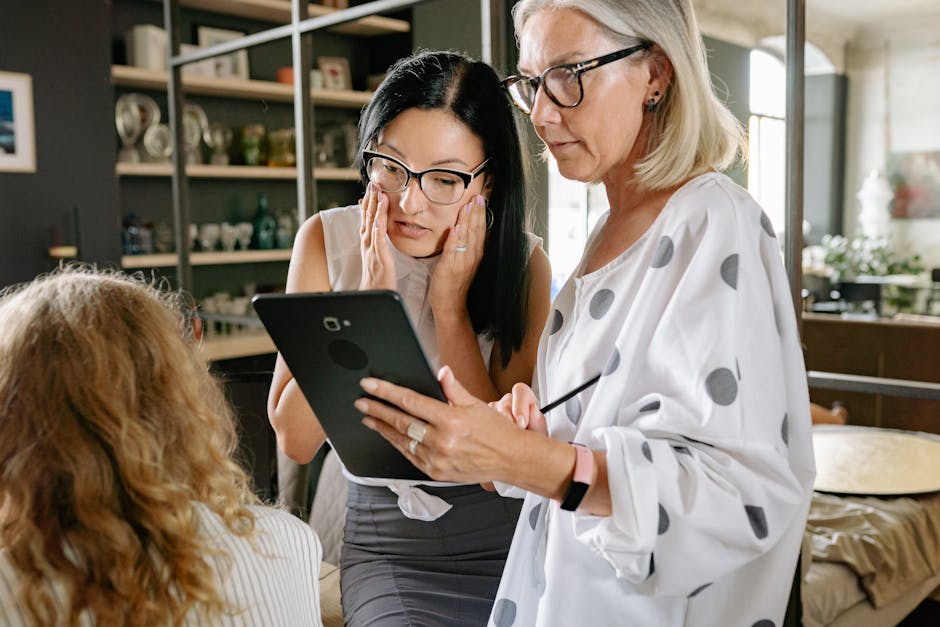
Real-Life Examples of Active Listening in Relationships
How Active Listening Resolves Misunderstandings
A couple once argued about household chores. By actively listening, they discovered the real issue wasn’t the chores—it was feeling unappreciated.
Stories of Improved Emotional Support Through Listening
One partner shared their struggles with anxiety. Instead of offering advice, the other simply listened and offered comfort. This strengthened their bond.
Practical Applications in Everyday Conversations
Active listening isn’t just for serious talks. Use it during casual chats to show your partner that you care about their day-to-day experiences.
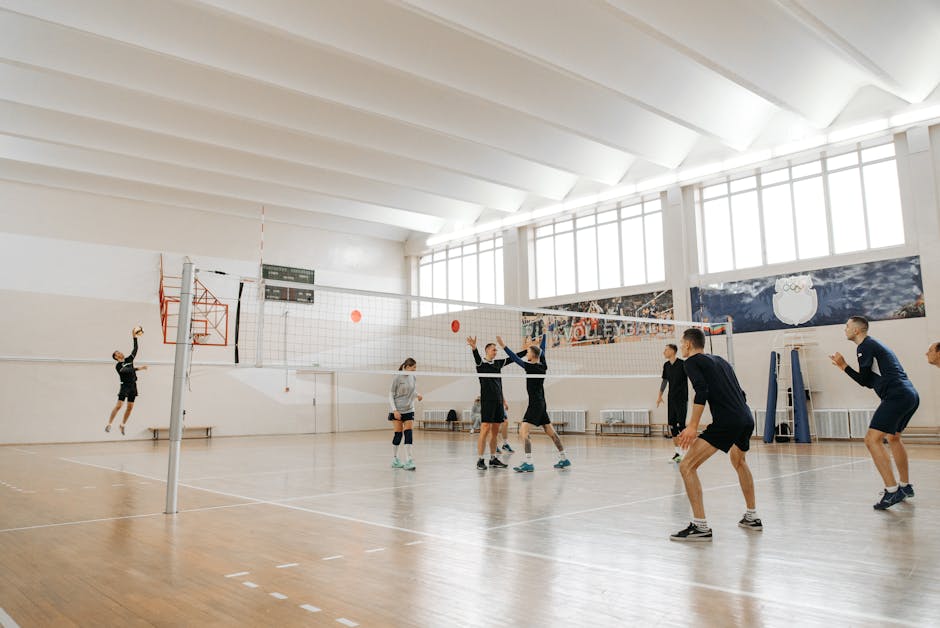
Tools and Resources for Developing Active Listening Skills
Utilizing Active Listening Skills Worksheets
Worksheets can help you practice techniques like paraphrasing and asking open-ended questions.
Recommended Books and Articles on Active Listening
Books like The Lost Art of Listening by Michael P. Nichols offer valuable insights. You can also explore this article for more tips (source).
Online Courses and Workshops for Skill Improvement
Platforms like Udemy and Coursera offer courses on communication and listening skills.
Conclusion
Recap of the Importance of Active Listening in Relationships
Active listening is a powerful tool for building trust, resolving conflicts, and deepening emotional connections.
Encouragement to Practice and Prioritize Active Listening
Like any skill, it takes practice. Start small—focus on one conversation at a time and notice the difference it makes.
Final Thoughts on Building Stronger, Healthier Connections Through Listening
Remember, listening is a gift you give to your partner. By being present and engaged, you can create a relationship that thrives on mutual respect and understanding.
For more tips on nurturing healthy relationships, check out this article.
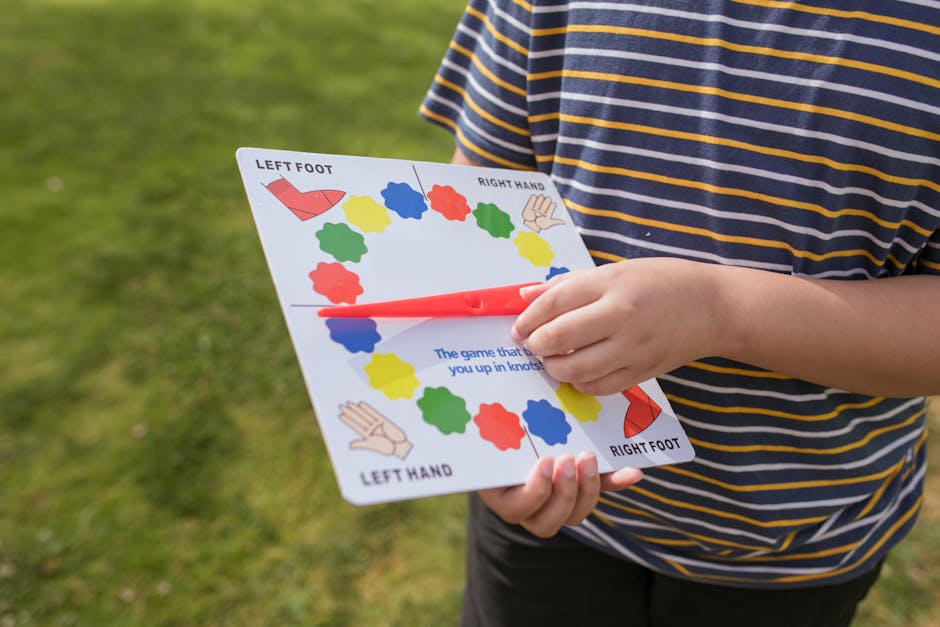
FAQ: Unlocking the Power of Active Listening in Relationships
What is active listening and why is it important in relationships?
Active listening is the practice of fully focusing on, understanding, and responding thoughtfully to what someone is saying. In relationships, it fosters trust, empathy, and deeper connections by showing your partner that their thoughts and feelings matter.
How does active listening improve communication in relationships?
Active listening reduces misunderstandings by ensuring both partners feel heard and understood. It encourages open dialogue, helps resolve conflicts more effectively, and strengthens emotional intimacy.
What are the key components of active listening?
The key components include giving undivided attention, maintaining eye contact, avoiding interruptions, reflecting on what is said, and asking clarifying questions to ensure understanding.
What are some common barriers to active listening in relationships?
Barriers include distractions like phones or multitasking, preconceived judgments, emotional reactions, and the tendency to focus on formulating a response rather than truly listening.
How can I practice active listening with my partner?
Start by eliminating distractions, showing genuine interest, and using verbal and non-verbal cues like nodding or paraphrasing. Validate their feelings and avoid interrupting or offering unsolicited advice unless asked.
Can active listening help resolve conflicts in relationships?
Yes, active listening can de-escalate conflicts by ensuring both partners feel heard and respected. It promotes understanding, reduces defensiveness, and helps find mutually agreeable solutions.
How does active listening build trust in a relationship?
When you actively listen, you demonstrate care and respect for your partner’s thoughts and emotions. This consistent effort builds trust and reassures them that they can rely on you to be present and supportive.
What are the signs that someone is actively listening to me?
Signs include maintaining eye contact, nodding, asking follow-up questions, paraphrasing what you’ve said, and responding thoughtfully. Their body language will also convey attentiveness and engagement.
Can active listening benefit relationships outside of romantic ones?
Absolutely! Active listening is valuable in all types of relationships, including friendships, family dynamics, and professional interactions. It enhances understanding, reduces conflicts, and fosters meaningful connections.
How long does it take to develop strong active listening skills?
Developing strong active listening skills is an ongoing process. With consistent practice and mindfulness, you can see noticeable improvements in a matter of weeks, but mastery requires patience and dedication.



